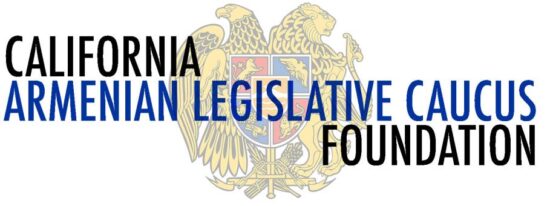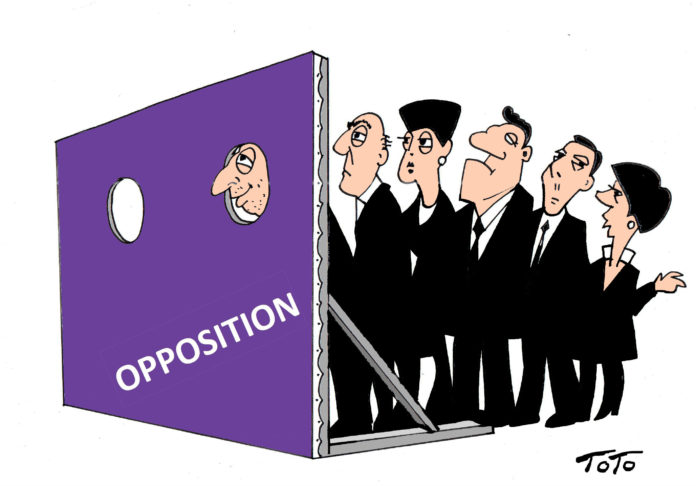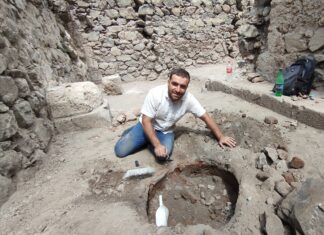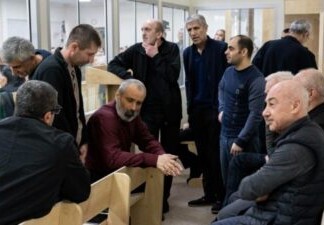The devastating effects of the 44-Day War and the turmoil in the Caucasus region dictate some necessary measures for Armenia: internal unity and independent and objective evaluations of the country’s problems and actions derived from those evaluations. The first objectives which come to mind are national unity, mutual tolerance and a consensus on an agenda of national recovery.
We have advocated time and again that for a country like Armenia, so divided and polarized, the road to recovery would be the creation of a truth and reconciliation commission, along the lines of the South African model, to be able to come out of the quagmire and address the basic problems of the country.
It is true that after the war, in the 2021 elections, 54 percent of the voting public supported Nikol Pashinyan’s My Step coalition. Pashinyan himself, like everybody else, knows full well that in that election, people voted against his opponent Robert Kocharyan and not necessarily for Pashinyan. That kind of victory does not amount to the mantle of legitimacy or mandate, which the current administration is claiming to justify its actions.
The pro-government media continues to repeat ad nauseum that “the people voted for us and they rejected the opposition.” Another simplistic accusation against the opposition is that all the problems of the country stem from 20 years of misrule – even the war, which took place under Pashinyan’s watch.
The opposition certainly must bear its share of the blame for the country’s problems, because of unchecked corruption and abuse of power. At this point, perhaps it sounds politically incorrect to state that despite the corruption, no major war happened on a scale comparable to the last one, which brought about an existential threat to Armenia’s doorstep.
Some pro-regime pundits, state, tongue in cheek, that as long as Robert Kocharyan is on the political scene, Pashinyan has a good chance to be reelected. That is an accurate statement, because Kocharyan’s name is tainted by many scandals, including his accumulation of tremendous wealth in a poor country, the October 27, 1999 parliament massacre, which helped his political survival and his hubris in eliminating Karabakh from the negotiation table of the Organization for Security and Cooperation in Europe (OSCE) Minsk Group.








